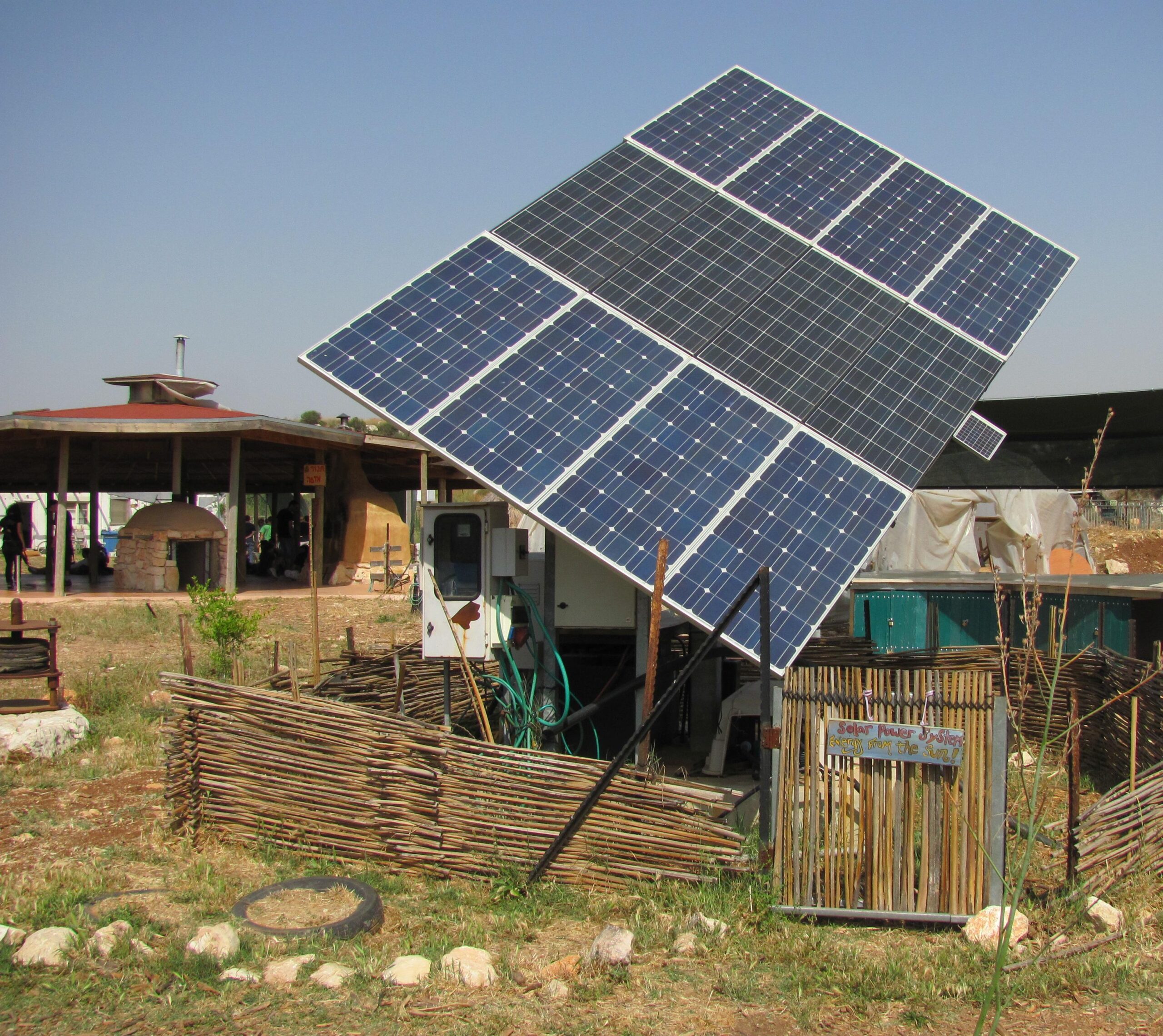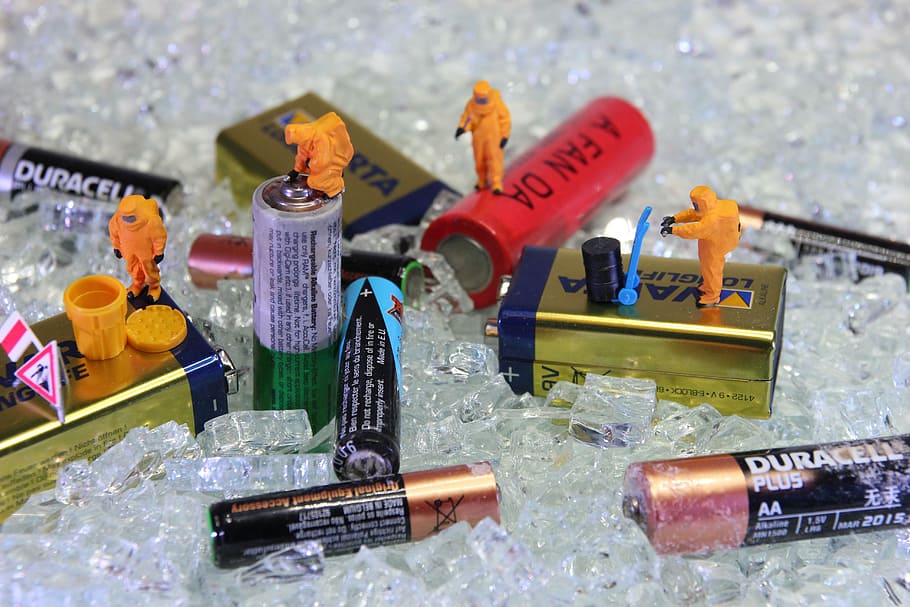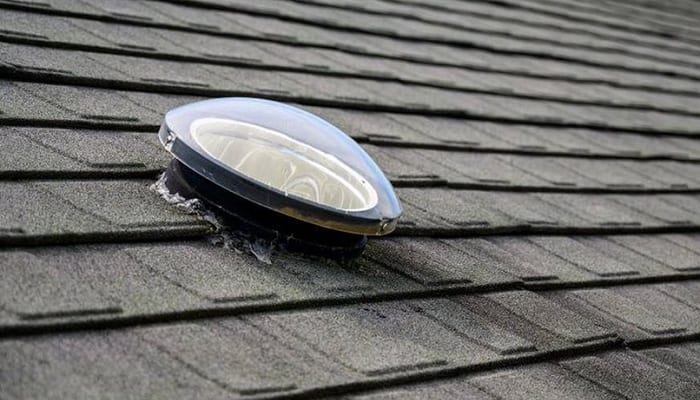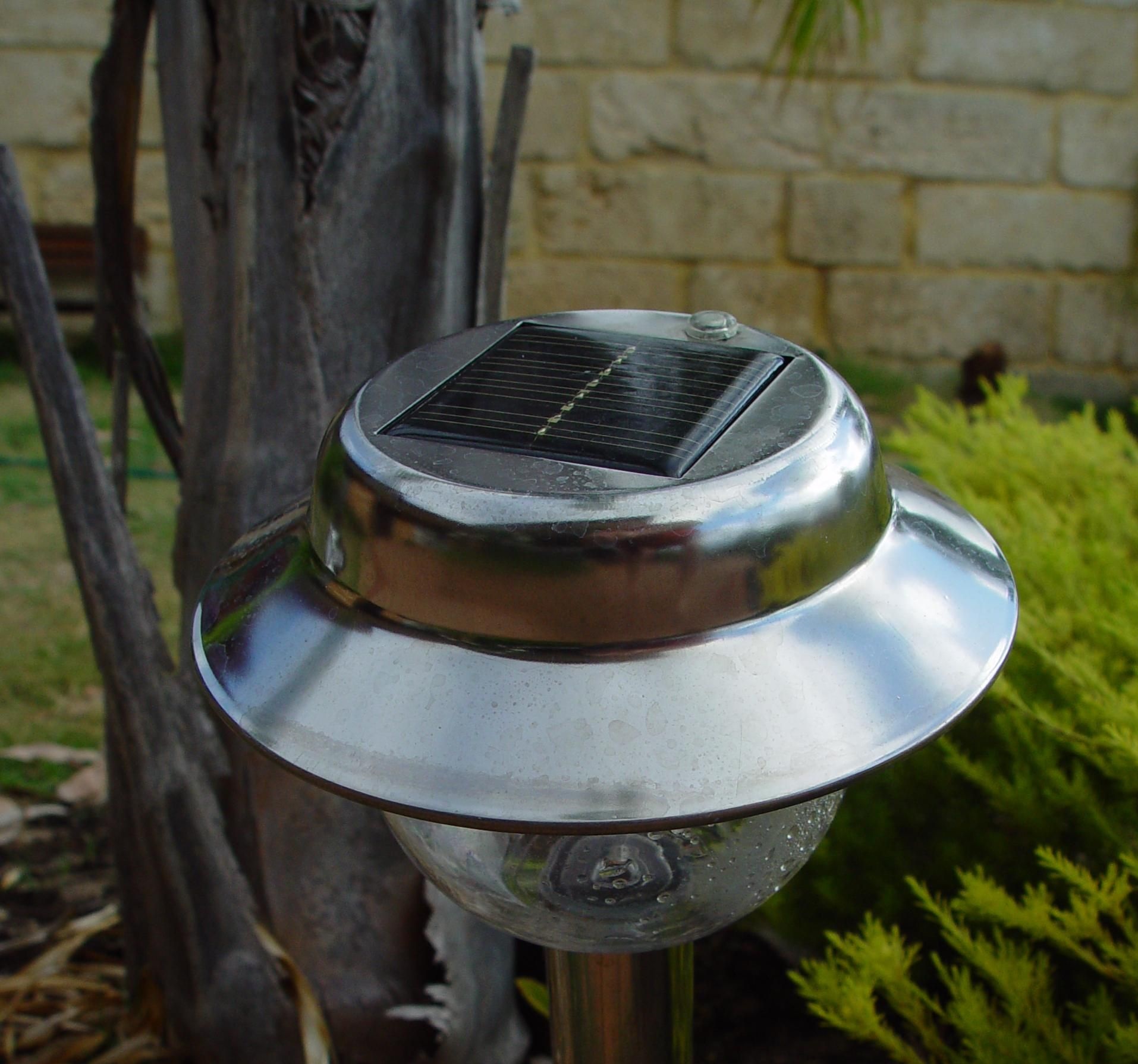Solar panels are a valuable investment for homeowners and businesses. If you’ve installed a solar power setup, you’ll know how important it is to ensure longevity. One of the best ways to protect your solar panels is by investing in solar panel covers.
Solar panel covers provide an extra layer of protection against environmental hazards. They can also help extend the lifespan of your panels. Solar panel covers will be particularly useful if you live in an area with a lot of dust or harsh weather.
In this article, I will give you the lowdown on solar panel covers. By the end of it, you’ll know what they are, how they can benefit you, and whether you need to invest in them.
What Are Solar Panel Covers?
Solar panel covers are protective covers designed to shield your solar panels from environmental elements. They are made from various materials, including polyester or PVC.
Your solar panel cover will act as a barrier between your panels and the outside world. They’re typically custom-made to fit your specific panels. You can easily install and remove them as needed.

The Benefits of Using Solar Panel Covers
Now that you know what solar panel covers are, you might wonder if they’re worth investing in. The short answer? Yes! Here are just a few of the benefits that come with using solar panel covers:
Solar Panel Covers Offer Protection Against Weather and Debris
Solar panel covers provide additional protection for your solar panels against weather conditions like rain, snow, and hail. They also protect your panels from debris that might fall on it. Leaves and twigs can accumulate on the surface of your panels and scratch them.
Solar panel covers will be particularly useful if you live in a region with powerful winds or frequent storms.
Solar Panel Covers Can Improve the Efficiency and Performance of Your Solar Panels
Solar panel covers can reduce the amount of debris accumulating on the surface of your panels. Debris can block sunlight and decrease the amount of energy your solar panels produce. When you use covers, your solar panels will stay clean and perform better. Solar panel covers can also regulate the temperature of your panels, preventing overheating.
Solar Panel Covers Reduce Cleaning and Maintenance Costs
Easy maintenance is always a bonus! With solar panel covers in place, you won’t have to clean or inspect your panels as often. If you don’t cover your solar panels, dirt will accumulate on them quicker and environmental elements can harm their surface.
Solar Panel Covers Can Increase the Lifespan of Your Solar Panels
Solar panel covers can help extend the lifespan of your solar panels. By protecting your panels from environmental hazards and reducing the amount of cleaning required, your solar panels will stay in pristine condition for a longer period. This will provide a greater return on your solar energy investment!
When Should I Use Solar Panel Covers?
There are several situations when using a solar panel cover can be beneficial. I suggest using them during:
- Harsh weather conditions.
- The night.
- Extended periods of inactivity.
- Maintenance checks on your other panels.
Who Needs Solar Panel Covers?
Anyone who has solar panels can benefit from using covers. However, deciding if they’re right for you can depend on several factors. These include:
Climate: If you live in an area that experiences harsh weather conditions, like heavy snow or hail, solar panel covers can help protect your panels from damage.
Panel Placement: If your panels are installed in an area exposed to environmental elements, they’re more susceptible to damage and may require covers.
Budget: Solar panel covers can be an additional expense. It’s important to weigh up your need with their cost. You should also remember that investing in covers could save you money in the long run by protecting your panels from damage and extending their lifespan, even if you don’t live in an area with harsh weather.
Insurance: Some insurance companies may require that your solar panels are protected by a type of cover. You should confirm this before committing to an insurance company.
The Main Types of Solar Panel Covers
Two primary materials are used to manufacture solar panel covers: polycarbonate and tempered glass.
Polycarbonate covers are durable, shatter-resistant plastic that can withstand extreme conditions. Tempered glass covers are strong, heat-resistant glass designed to protect the panels from environmental hazards.
Both materials can withstand extreme temperatures, impact, and UV rays. You can typically install these solar panel covers using clips, brackets, or adhesive.
You can also use homemade boards, sun covers, or a tarp for a DIY solution. Adding any protective layer on your solar panels when bad weather is expected can help prevent damage.
When choosing a solar panel cover, it’s essential to consider factors like the size and shape of your panels, the type of material used to make the covers, and the environmental hazards expected to damage your solar panels.
Cover Up Your Solar Panels for Long-Term Savings
Solar panels are designed to withstand the elements but aren’t immune to damage from weather, debris, or other hazards. Solar panel covers provide an extra layer of protection against these threats, helping to extend the lifespan of your panels and reduce the need for costly repairs.
Investing in solar panel covers is a smart way to protect your investment and get more out of your panels. With their protective properties, efficiency benefits, and other advantages, they are a worthwhile investment for any solar panel owner.
I suggest asking your solar power installer for solar panel cover recommendations to start your search.
If you found this article helpful, let me know in the comments! Any questions are also welcome.



